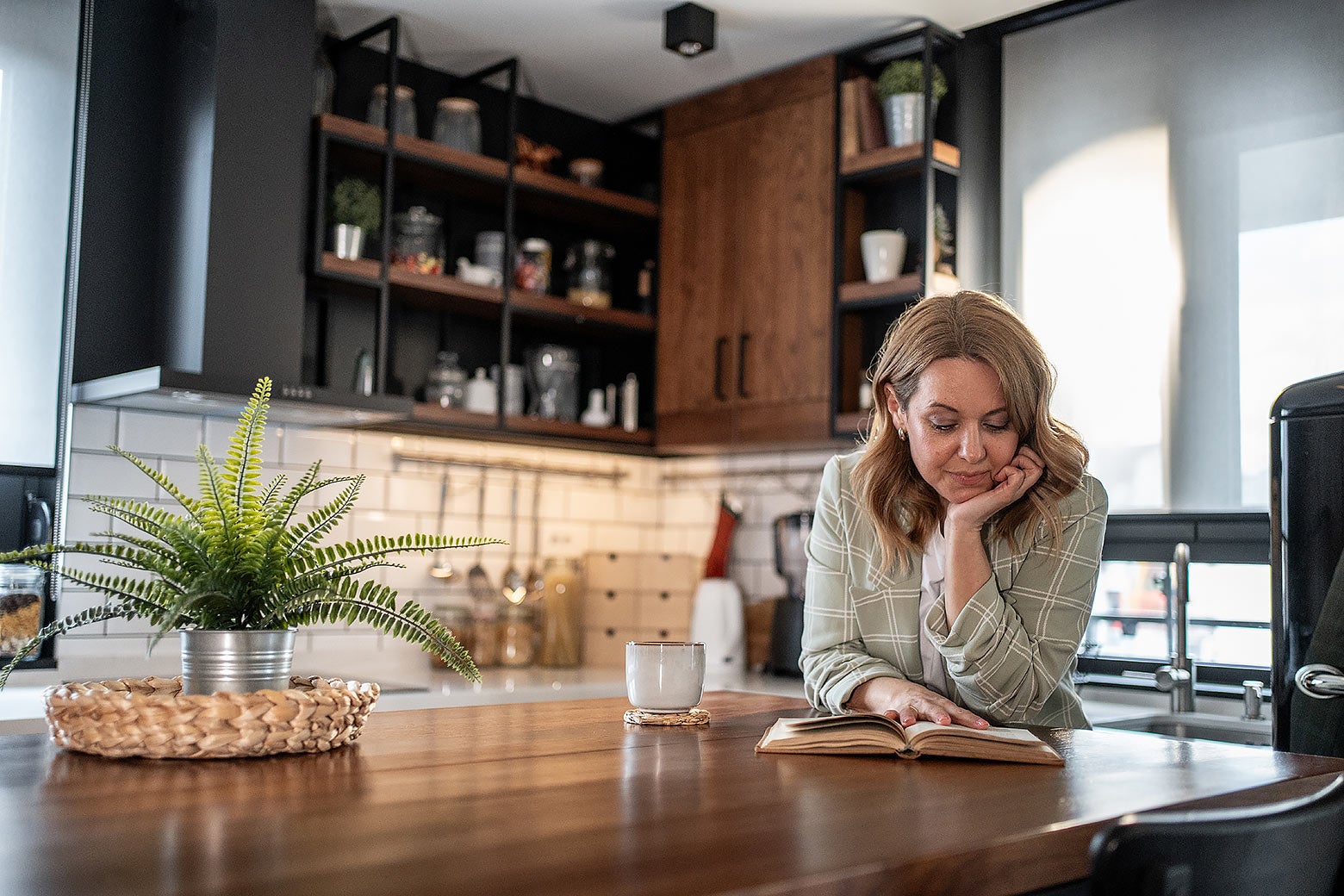
"From the time she was 5 or 6 years old, Carly questioned the logic behind marriage. Why would she tie herself to someone who hasn't known her for her whole life? Surely she knew herself better than any outside person could? She decided that if she absolutely had to do it, she'd marry a boy who'd been in her preschool class since she was 3, since he'd have known her longest."
"The older Carly got, the more she questioned not only marriage, but partnership. Midway through college, having dabbled in dating, she realized that as long as she was surrounded by friends, she didn't really need a guy. By the time she took her first job after graduating, she planned to be single long term. "It just gets such a negative rap, and it's fantastic," said Carly, now 41."
Carly questioned marriage from early childhood and chose long-term singlehood by adulthood. She built a career and social life in Manhattan and plans to remain unpartnered. Searches for terms like "single by choice" have surged over five years, with many women among those choosing solo lives. Research indicates that people who remain single may become more satisfied as they age. Despite potential increases in life satisfaction, single people can encounter specific disadvantages when preparing financially for long-term aging and retirement, creating a tension between social independence and financial security.
Read at Slate Magazine
Unable to calculate read time
Collection
[
|
...
]